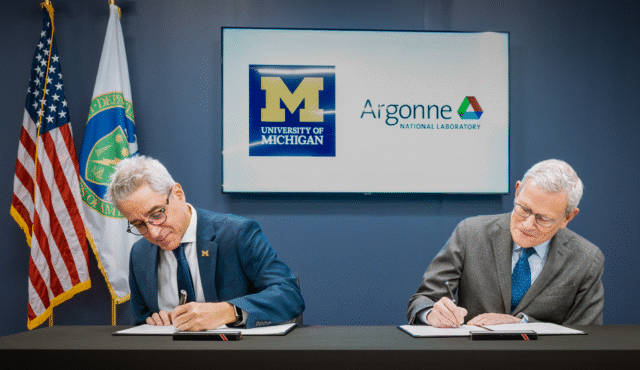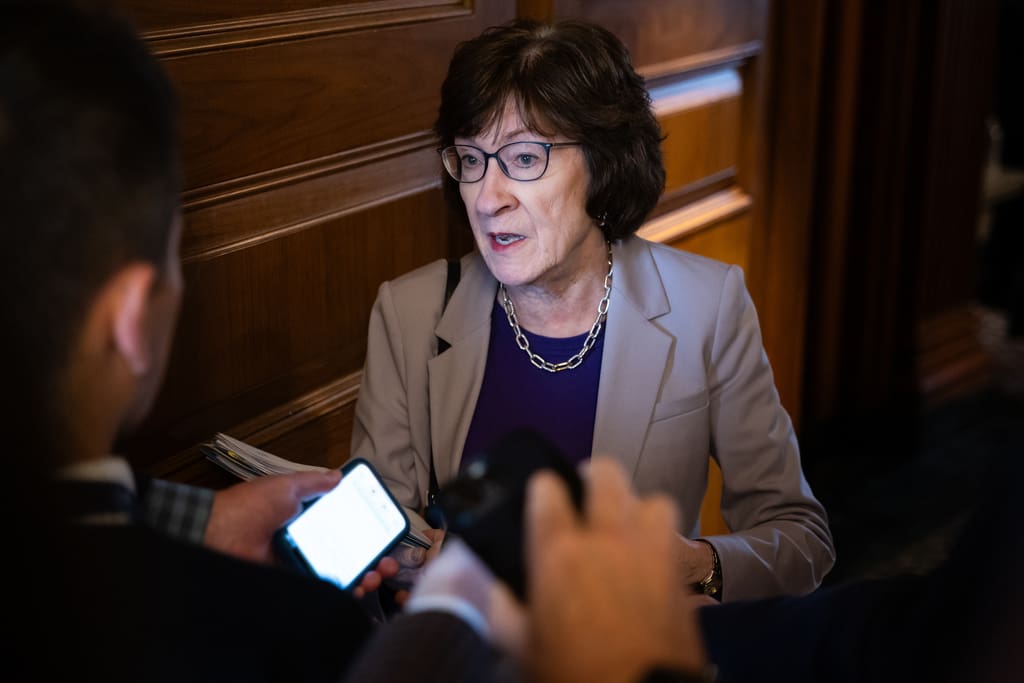As Michigan celebrates a significant boost in educational funding from gambling tax revenue, concerns about gambling addiction rise simultaneously. This dual-edged development highlights both the financial benefits and potential risks associated with the state’s growing gambling industry.
According to a recent report by the Michigan Gaming Control Board, gambling activities contributed approximately half a billion dollars to Michigan’s School Aid Fund. This fund is crucial for K-12 public school financing. While the gambling tax revenue forms a small fraction compared to larger sources like property and sales taxes, its share has been steadily increasing since the legalization of online gambling in 2021.
Notably, online gambling accounts for about 80% of this revenue, amounting to $400 million. However, this rise in online gambling has correlated with a surge in calls to Michigan’s problem gambling help line, indicating a growing concern over gambling addiction.
Alia Lucas, a gambling disorder program specialist at the Michigan Department of Health and Human Services, emphasized the challenges posed by the accessibility of online gambling. “So rather than get up and get dressed and go to a casino, I am now able to gamble from my phone, from my computer, from my living room,” she explained. This convenience increases gambling engagement and necessitates greater awareness efforts about problem gambling.
Lucas also highlighted the need for innovative strategies to disseminate information about the signs of problem gambling and available resources. “It’s required us to be more creative in our approach to making sure that we’re providing the necessary information to the Michigan public as to what to look for as far as the signs, how to get help if you need it, and where that help is available,” she said.
Beyond educational funding, gambling tax revenue supports several smaller funds, including those aimed at preventing and treating gambling addiction. The Compulsive Gambling Prevention Fund, a collaborative effort involving the gaming control board, the Michigan Lottery, and the health department, is one such initiative. Lucas noted, “Our interest is making sure that the Michigan public that’s gambling are doing so healthily.”
For those affected by compulsive gambling, the Michigan Problem Gambling Helpline is available at 800-270-7117. Additional resources can be found on the health department and Michigan Gaming Control Board websites.
—
Read More Michigan News









